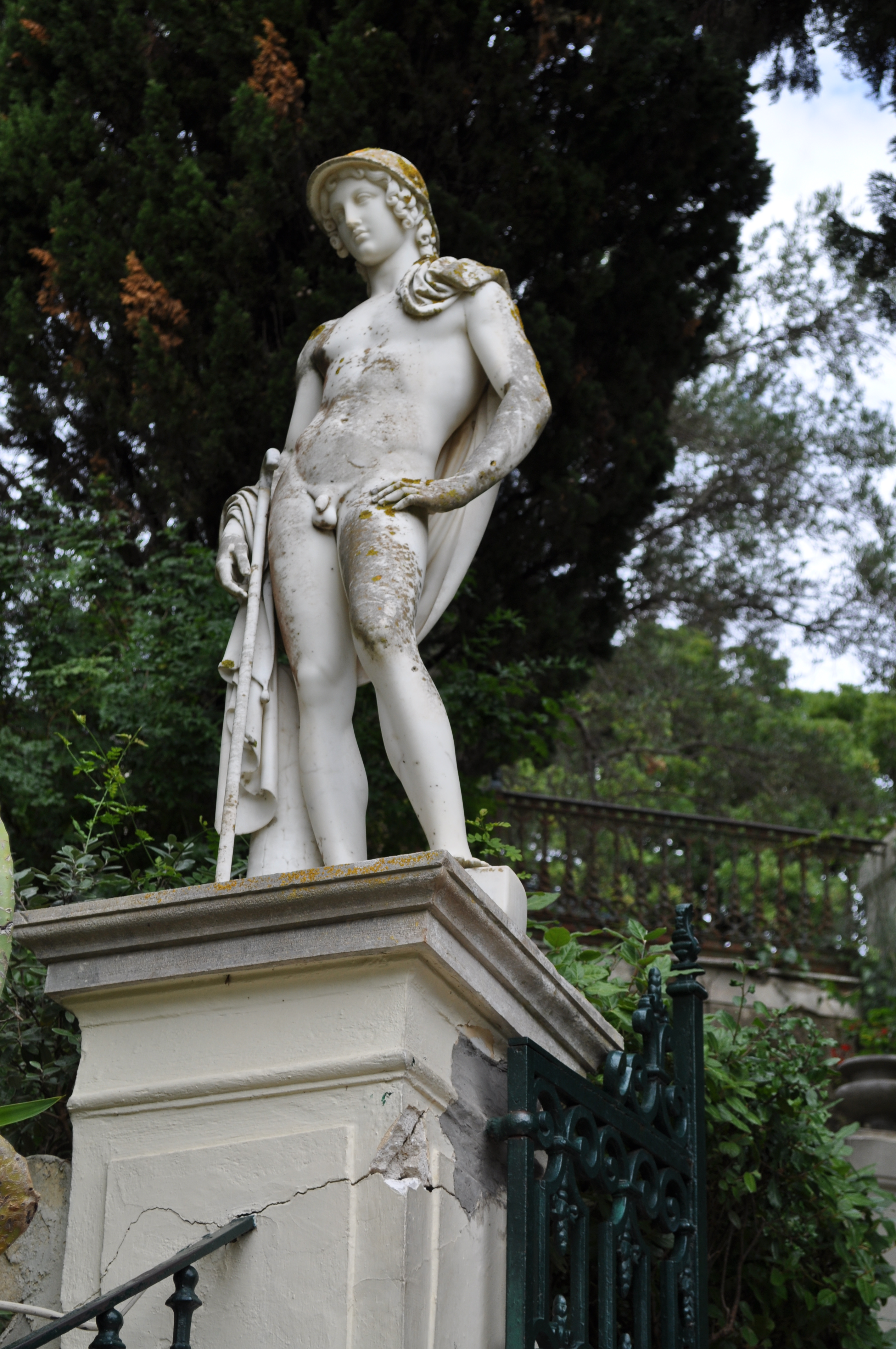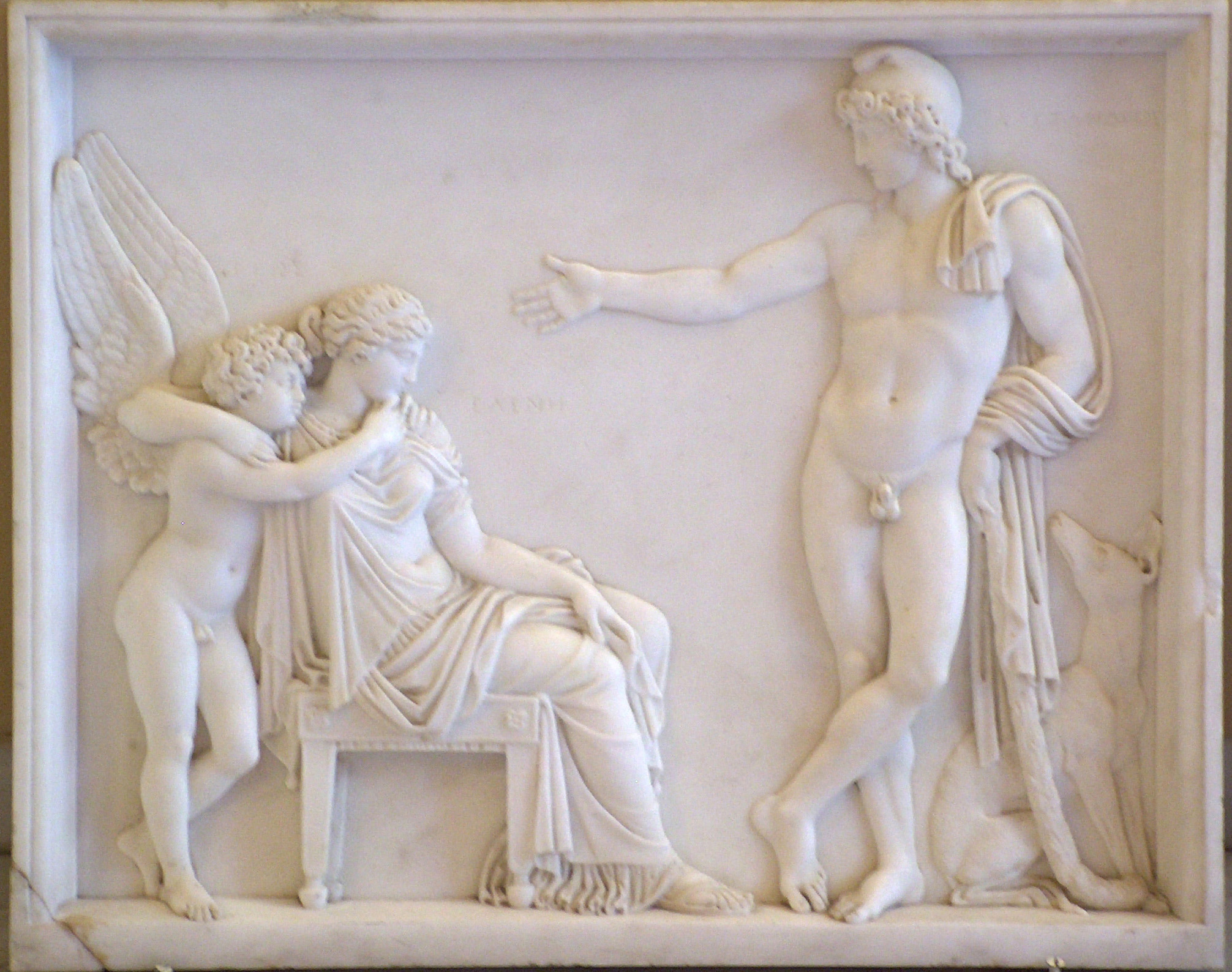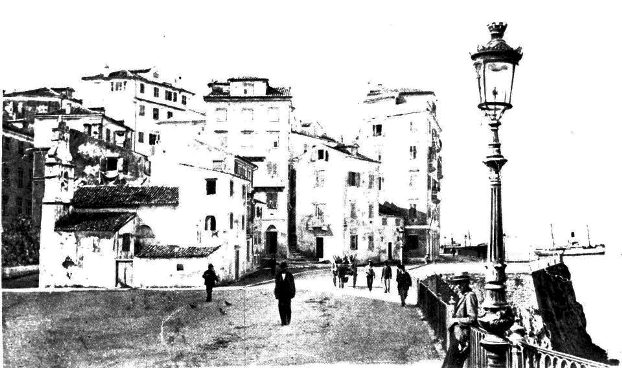
A Voyage over the Years
Written by Spiros Laskaris on Tuesday December 6, 2022
Permalink -
Category:
Corfu island -
Tags:
Corfu, corfu_romantic_island, corfusecret, corfuhistory, corfuoldtown, Kerkira, Korfu
Ulysses' arrival in Corfu was delayed - indeed, very nearly prevented - by the fury of Poseidon, wh0 stirred up a great tempest that shattered his ship to matchwood. At last, however, he struggled ashore and, in one of the most celebrated scenes in all Homer, found the white armed princess Nausicaa and her handmaidens playing ball οn the beach. She told him of her island and of its people, "who have nο use for the bow and quiver, but spend their energy on masts and oars and on the graceful craft they love to sail across the foam-flecked seas"; and, as she spoke, she introduced Corfu into history, literature, and the civilization of Europe.

It is a pretty story - prettier by far (and a good deal more believable) than the grim legend according to which the island is nothing less than the sickle with which Kronos - better known to us as Saturn - somewhat ungratefully emasculated his father Uranus, whose descended testicles petrified into the two huge rocks οn the pron1ontory of the Old Fort. These "twin peaks" in Greek, Koryphai - are said to be the origin of the name Corfu, an ugly and oddly oriental sounding word to my ear, and worse still when the staff of British Airways pronounce it Corfew; why, Ι have often thought, could we not revert the modern Greek Kerkyra, a name that whisper like the wind through the olive-trees or the ripples οn the shore?

Old Corfu hands will argue for hours over the precise point at which Ulysses made his landfall Fortunately, we shall never know; some mysteries are better left unrevealed. The fact is that although the island played an active an even mildly distinguished part in the history c antiquity - apart from anything else, the Corfiot are credited with having won the first sea-batt: ever recorded, against the Corinthians in 660 BC it has failed to preserve more than a handful "classical monuments. This is perhaps not altogether surprising: its position was too important at the gateway to the Adriatic and too vulnerable in its proximity to the mainland to allow it to enjoy peace for long. No wonder that in 229 BC it voluntarily surrendered to the Romans, thus beginning that 2,000-year association with Western Europe which has had so remarkably little effect on its character. Soon afterwards, it became a popular Mediterranean staging-post. There Cato met Cicero; both Julius Caesar and Pompey revictualled their opposing fleets; Mark Antony, Levant-bound, said his last farewells to his unhappy wife Octavia; Nero gave one of his more excruciating performances before the altar of Jupiter at Kassiopi; and the Emperor Titus, also on his way to the East, presided with ill-concealed impatience at the interminable games that were organized in his honour.

For the Corfiots, meanwhile, life went on much as it always had, with no major disruption until the arrival, in the late first century AD, of Saints Jason and Sosipatros, disciples of St Paul, to turn them into Christians. The two missionaries ended up in a silver vat of boiling oil; but their work went on, and Corfu had long been a Christian Island by the time Constantine the Great summoned the first great Ecumenical Council of the Church at Nicaea in 325. It was here that the young Spyridon, Bishop of Trimython in Cyprus, performed a minor miracle by causing a brick to spout fire and water, thus proving - if a trifle obscurely - the truth of the doctrine of the Trinity. The action, among many others, earned him a halo, and for the next millennium his uncorrupted body was venerated, first in Cyprus and later in Constantinople. After the fall of that city to the Turks in 1453 Spyridon was brought by stages to Corfu, where he has remained ever since, the island's beloved patron saint. Four times a year he is carried in jubilant procession through the town; on Christmas Eve he is formally enthroned in his church to receive the homage of the faithful.

During the Middle AgesCorfu once again paid the price of her strategic position, being fought over again and again by the Byzantines (to whom, as a former part of the Roman Empire, she rightly belonged), the Normans of South Italy and Sicily under their great adventurer prince Robert Guiscard, the Greek Principality of Epirus and the Angevins of Naples. Finally, in 1386, she voluntarily accepted the protection of Venice - much as she had that of the Romans sixteen hundred years before; and she was to remain under the banner of St Mark until the downfall of the Most Serene Republic at the hands of the young Napoleon in 1797. The Venetians ringed her with tremendous fortifications - including the vast new fortress that still scowls over the harbour - and it was a good thing that they did, since without these the island could never have withstood the two fearsome sieges of 1537 and 1716, by which the Turks sought to incorporate it into the Ottoman Empire.

In both these sieges, it must be admitted, the weather played a considerable part. Corfu has always been famous for the ferocity of its storms, but those that burst upon the island in the early days of September 1537 seem to have been exceptional even by local standards. The cannon became immovable in the mud; dysentery and malaria raged through the Ottoman army, and after barely three weeks' siege it gave up the struggle. In August 1716 the tempest was even worse; within a matter of hours the entire Turkish camp was reduced to a quagmire, the trenches had become canals, the tents had been torn to ribbons or; their guy-ropes snapped like thread, carried off by the gale.

After the surrender by Venice to Napoleon, Corfu w a s ruled successively by the French, the Russians and Ottomans and then by the French again, until in 1815 the Treaty oi Paris recognized the islands as being once more an independent state, but this time under the protection of the British Crown. Their independence in fact proved more apparent than real, since the British governed the islands - under a series of Lord.
High Commissioners - with a heavy and frequently patronizing hand. Their principal inanimate benefactions to Corfu were the city water supply, an admirable network of roads and the two more dubious blessings of ginger beer - tsin-tsin birra - and cricket. (Foreign cricketers coming to the island should however be warned: according to Lawrence Durrell - writing in the 1930s - the cry of "How's that?" has come to mean "Out"} But the growing desire of the islanders to be united with Greece, by now an independent monarchy, led in 1864 to a British withdrawal and enosis. The islands have remained Greek to the present day.

Greek, Roman, Byzantine, Angevin. Venetian, French, Turkish, Russian, British and finally Greek again: with so kaleidoscopic a history it is hardly surprising that, of all the isles of Greece, Corfu should be the most Westernized - more so even than her Ionian neighbours, since she is more populous and more cultivated them, they. But most of her successive overlords have left little mark; only the Venetians ever really succeeded in putting a permanent stamp upon her - above all by their fortifications, though from time to time a delicate fountain, a Latin inscription, a crumbling palace or a winged lion of St Mark, worn but still to be recognized, brings back an unmistakable whiff of the Rialto.
Strangely enough, it hardly seems to matter. Greece has always been a spirit rather than a nation. In the days of antiquity, of those countless independent or semi-independent city-states that made up what we think of as Ancient Greece, nationhood was unknown and undreamt-of. In later centuries the Byzantines, Greek as they may have been, prided themselves on their Roman origins and saw their Empire as being all-embracing, universal under God.

Later, between the fall of Constantinople to the Turks in May 1453 and proclamation of the Greek state in January 1822, there was no Greek nation at all, yet Hellenism survived, as impassioned as ever it had been. Corfu may be of the Adriatic rather than the Aegean, Greece's furthest fingertip reaching out towards the West; yet her spirit remains as it has always remained, Greek through and through. And it is of that spirit, as much as of the beauty of Greece's loveliest island, the richness of its heritage and the nobility of its people, that this article is a celebration.
by John Julius Norwich
«10 reasons to visit the Corfu island. - Christmas and New Year's customs in Corfu » ENGLISH
ENGLISH GERMAN
GERMAN GREEK
GREEK RUSSIAN
RUSSIAN